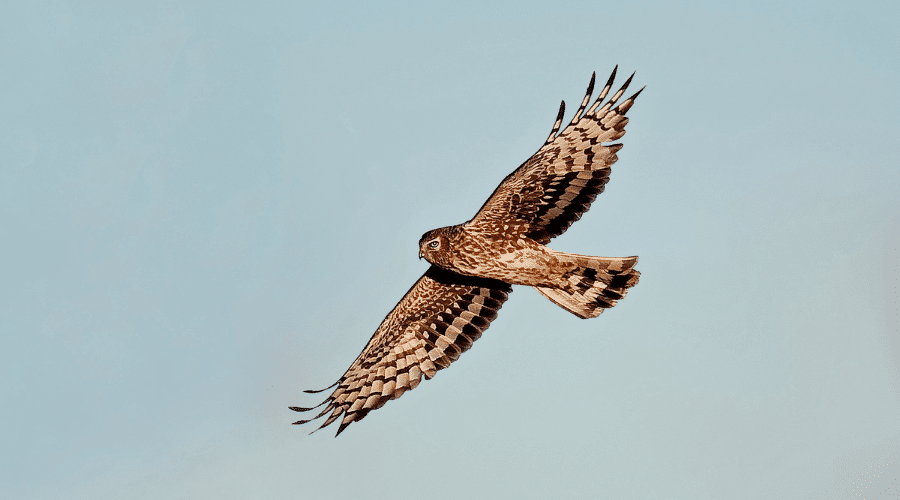
BASC statement in response to the death of a hen harrier
BASC has a clear zero tolerance approach to the illegal killing of birds of prey, condemning all illegal activity.
Get information on the legal shooting season for mammals and birds in the UK.
Apply for funding for your project or make a donation today
Comprehensive information and advice from our specialist firearms team.
Everything you need to know about shotgun, rifle and airgun ammunition.
Find our up-to-date information, advice and links to government resources.
Everything you need to know on firearms law and licensing.
All the latest news and advice on general licences and how they affect you.
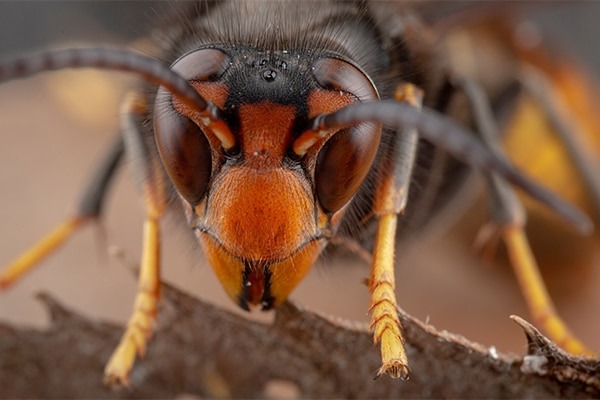

Asian hornet sightings are at highest levels yet – know what they look like and report them to save our native species.
The invasive Asian hornet is a serious threat to the UK’s wildlife, especially our native honeybees and other insects. They impact the pollination of plants and crops, which in turn affects us all, and they are a substantial risk to the beekeeping community. There are also concerns about risks to people and animals should the insects attack them.
Unfortunately, since 2016 they have been spotted on the Channel Islands and all across southern England with Defra regular reporting showing numbers of sightings fluctuating between years. However, this year has so far seen a substantial increase in reports, 28 to date, mainly in Kent and Devon according to the National Bee Unit website which provides the most up-to-date records.
If that’s where you are based or travel to regularly, you need to be vigilant. However, as Asian hornets have popped up all over the UK, it’s important that all of us know how to ID them correctly and know the differences between the Asian and our native hornets. You also need to know how to report a sighting.
Shooters are ideally placed to monitor this species as we often have access to privately owned land, far away from public rights of way. Our sightings could be critical in the early detection of new arrivals or spotting out-of-the-way colonies.
The GB Non-native Species Secretariat has some excellent resources on its alert pages, which include a clear two-page identification sheet in English and Welsh. I thoroughly recommend looking at these because they also cover similar-looking species like the native European hornet, giant woodwasp and the median wasp.
You are most likely to confuse the Asian hornet with its European counterpart but there is an obvious difference in the pattern of black and yellow on the abdomen. Asian hornet’s abdomen segments are almost entirely black apart from the fourth segment which is yellow. European hornet’s abdomen is mostly yellow, with only the first and second segments being black.
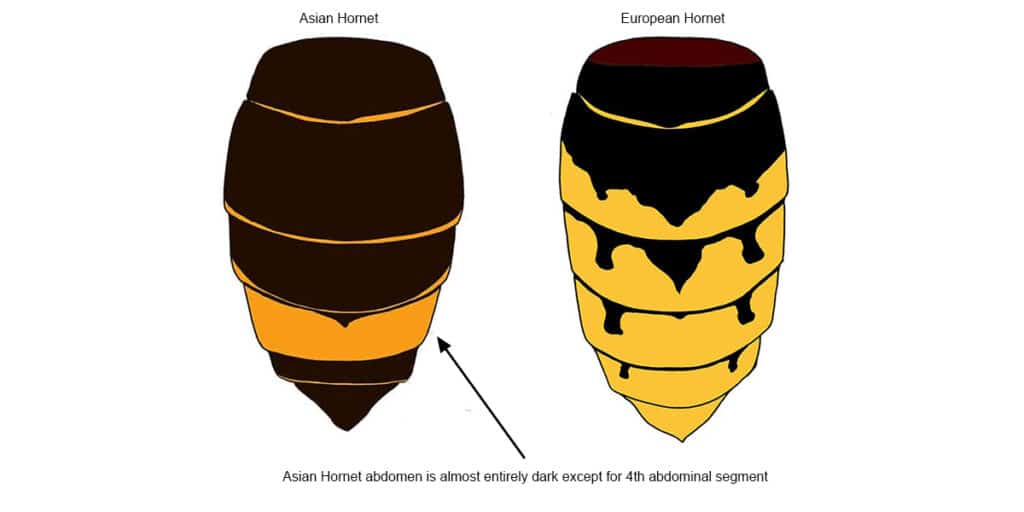
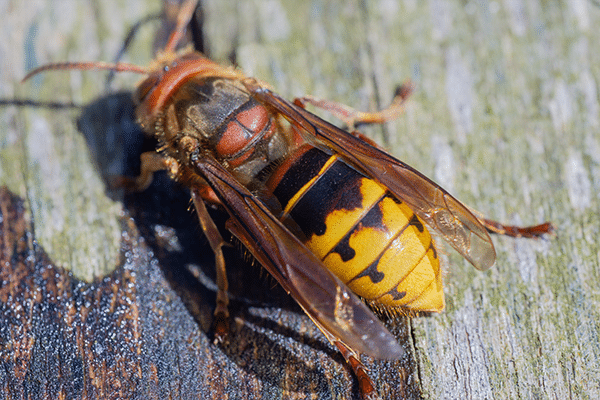
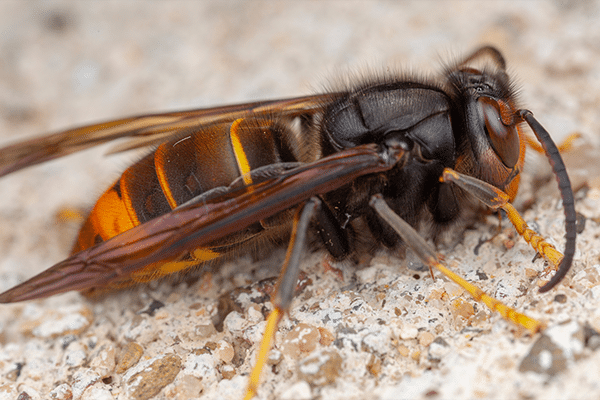
The nests themselves are often rugby-ball sized but can get substantially bigger and are often high up in the canopy of trees. However, there are exceptions to the rules, with a nest being found in a derelict building on Jersey in August this year, and nests found in Guernsey were tucked into hedges and brambles.
Make sure you know the difference between the Asian hornet and our native species. If you spot the dangerous invader, or if you see evidence of its presence, please report it without delay!
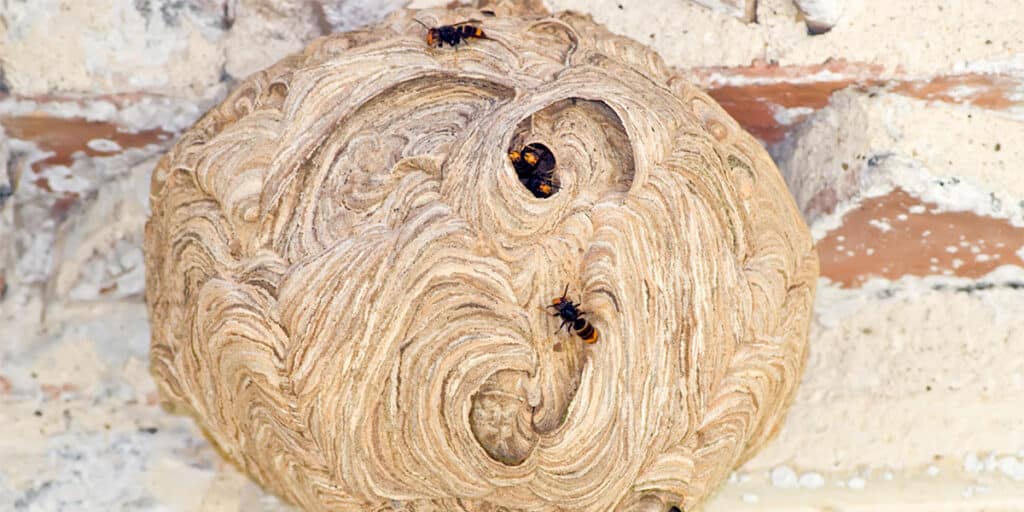

BASC has a clear zero tolerance approach to the illegal killing of birds of prey, condemning all illegal activity.
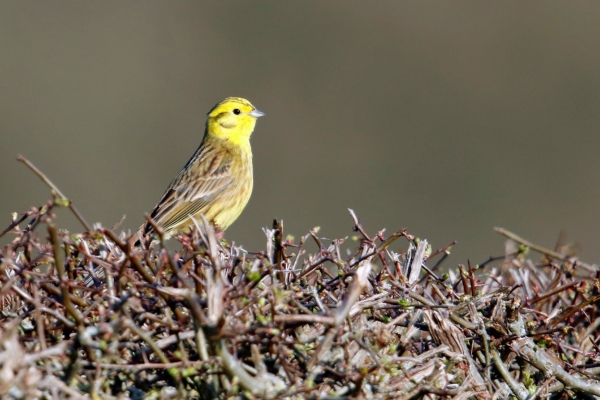
Earlier this month, Defra updated its position on protecting 30 per cent of land for nature in England by 2030, and it turns out, they need shooting. Ian Danby explains.
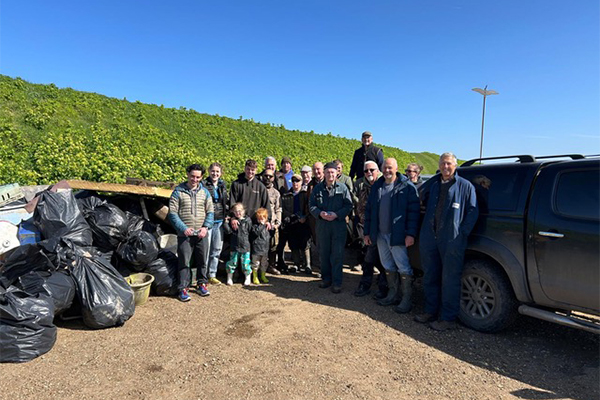
Thirty members of Fenland Wildfowlers Association took part in an extensive litter pick along a nine-mile stretch of The Wash.
Sign up to our weekly newsletter and get all the latest updates straight to your inbox.
© 2025 British Association for Shooting and Conservation. Registered Office: Marford Mill, Rossett, Wrexham, LL12 0HL – Registered Society No: 28488R. BASC is a trading name of the British Association for Shooting and Conservation Limited which is authorised and regulated by the Financial Conduct Authority (FCA) under firm reference number 311937.
BASC Direct Ltd is an Introducer Appointed Representative of Agria Pet Insurance Ltd who administer the insurance and is authorised and regulated by the Financial Conduct Authority, Financial Services Register Number 496160. Agria Pet Insurance is registered and incorporated in England and Wales with registered number 04258783. Registered office: First Floor, Blue Leanie, Walton Street, Aylesbury, Buckinghamshire, HP21 7QW. Agria insurance policies are underwritten by Agria Försäkring.
If you have any questions or complaints about your BASC membership insurance cover, please email us. More information about resolving complaints can be found on the FCA website or on the EU ODR platform.